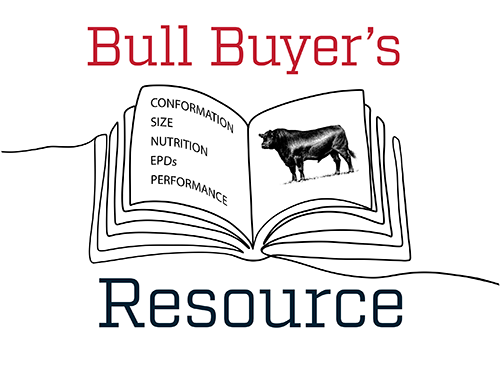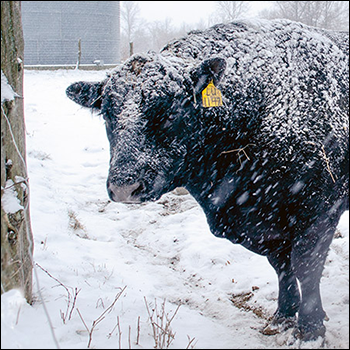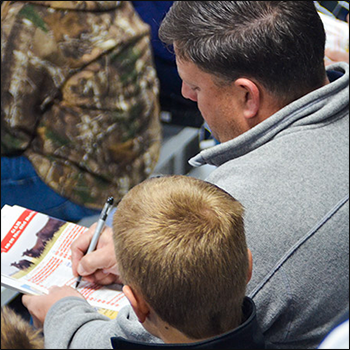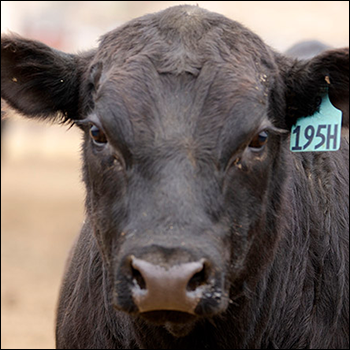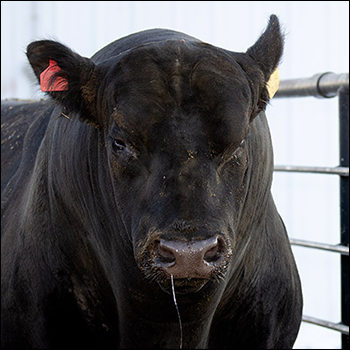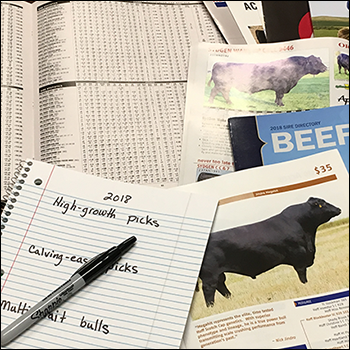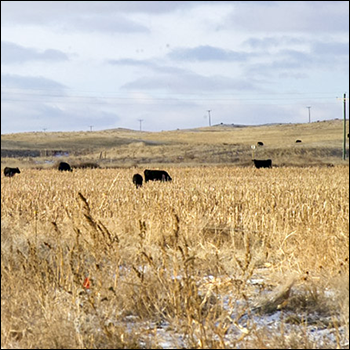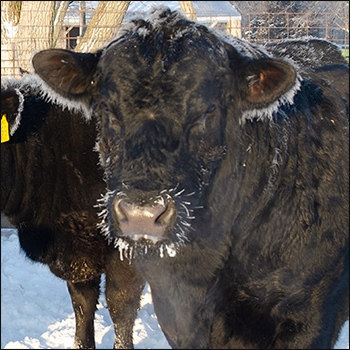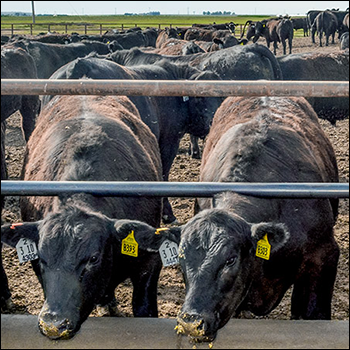
Market Closeout
Owning the word sustainability
Words are important. Words are vital to communication, but words occasionally mean different things to different people. Sustainability is one of those words in our industry.
Sustainability is not new. It’s the core of what we do. In its most basic form, it is taking care of the land, the animals, our people and our communities. The foundation of sustainability is built upon the concept of profitability, so it is difficult at first glance to understand why the word does not carry positive connotations with some producers.
The reason for this uneasiness comes not from the word itself, but from the people who are using it. Groups opposed to our industry, capitalism and much of what we believe in have rallied around the word sustainability. It is understandable why that makes one uneasy. The most effective lies are the ones that surround themselves with truth. These groups make a living out of taking good causes or principles and trying to distort them to achieve an outcome totally different than the original intention. Of course, just because people try to distort a concept doesn’t mean the concept is invalid.
We also get a little uneasy because as the business world has been forced to embrace sustainability, the definition gets narrowed. Large corporate entities tend to define sustainability in a way that enables them to gain a competitive advantage irrespective of whether that improves the sustainability of a system or not. Cattlemen historically have despised anything that reduces independence. None of us like being told what to do, especially by those who have little understanding of our business. This is why the industry made the decision years ago that it was far better to be at the sustainability discussion table than to be on the menu.
Here to stay
The sustainability movement is here to stay. Consumers demand it and corporate America is committed to it. The only way to justify opposing sustainability is by opposing those who advocate it, or by disagreeing with those who are defining it. Again, logic dictates that we take the lead on sustainability and help to shape it in a way that ultimately benefits producers and our industry.
In the end, sustainability is a mechanism to tell our story more effectively. If done properly, sustainability connects us to our stated purpose, vision and values. It helps to mark our progress and our victories, and sets goals for what we want to become.
Sustainability gives us the ability to differentiate ourselves in the marketplace by describing the unique value that we create. It reinforces and strengthens our ethos of taking care of the animals, the land, our people and the community while feeding the world in a profitable way.
Telling our sustainability story allows us to express our values and to make decisions that are in alignment with them.
It allows us to proactively meet the desires of consumers rather than reacting to the whims of the marketplace. Sustainability allows us to attract customers by helping them understand that we reflect and represent their values. In a way, our sustainability message gives our customers a story to tell — why they should feel good about buying our product.
Of course, sustainability means being able to reward and compensate employees fairly. It means creating a viable, healthy and growing industry. Sustainability is an avenue to tell the world why we love what we do, are committed to what we do, and why we are so very proud of the work that we do to feed the world.
Sustainability is a word, and if the industry is aggressive, we can make sure to define it in a way that is a net positive for the industry.
Editor’s note: Troy Marshall is the director of commercial industry relations for the American Angus Association.
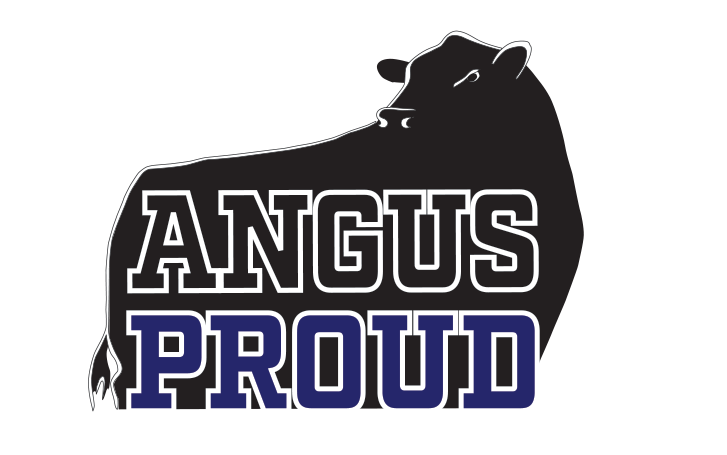
Angus Proud
In this Angus Proud series, Editorial Intern Jessica Wesson provides insights into how producers across the country use Angus genetics in their respective environments.
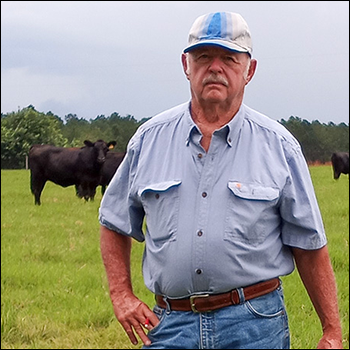 Angus Proud: Bubba Crosby
Angus Proud: Bubba Crosby
Fall-calving Georgia herd uses quality and co-ops to market calves.
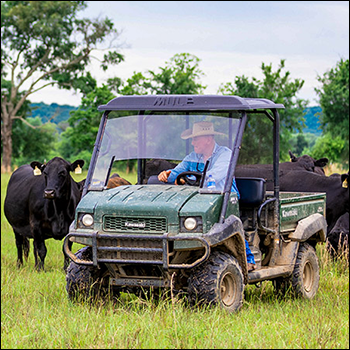 Angus Proud: Jim Moore
Angus Proud: Jim Moore
Arkansas operation retains ownership through feeding and values carcass data.
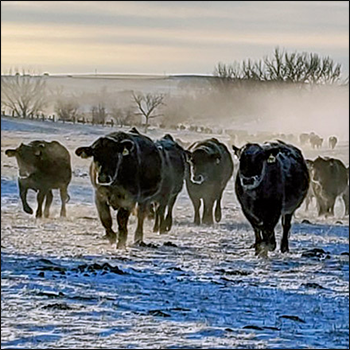 Angus Proud: Les Shaw
Angus Proud: Les Shaw
South Dakota operation manages winter with preparation and bull selection.
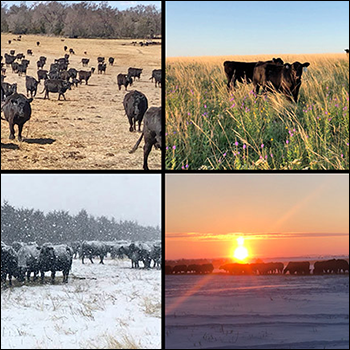 Angus Proud: Jeremy Stevens
Angus Proud: Jeremy Stevens
Nebraska operation is self-sufficient for feedstuffs despite sandy soil.
